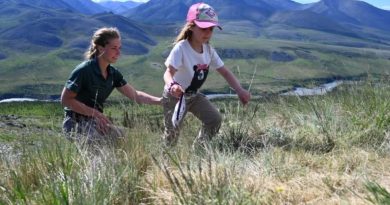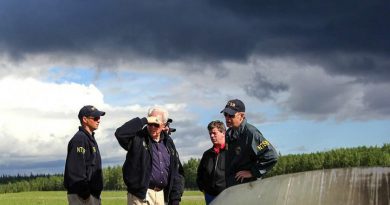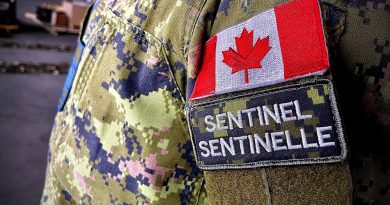How did we get here? A timeline of COVID-19 in northwestern Canada

- EDITOR’S NOTE: This story was last updated on April 28 to reflect the latest developments.
When the COVID-19 pandemic first hit Canada, every day was filled with life-changing headlines.
From closed borders to gathering bans, a lot has changed since that first case was announced on Jan. 25.
Now that news is not breaking quite so quickly, here’s a look back on how the pandemic changed things day by day in the N.W.T.
Jan. 25: Health officials confirm Canada’s first case of COVID-19: a man who travelled from the epicentre of the disease in Wuhan, China, to Toronto.
Jan. 28: The territory’s department of Health and Social Services advises residents to frequently wash their hands, and begins screening those with COVID-19 symptoms for their travel history. Kandola says risk in territory is low.
Feb. 29: In a press conference, chief public health officer Kami Kandola says the territory is already beginning planning for a pandemic. The territory’s hospitals boost their supply of masks, gloves and gowns.
March 6: Yellowknife pharmacies report shortages of hand sanitizer.
March 8: A man in his 80s becomes the first patient to die from COVID-19 in Canada.
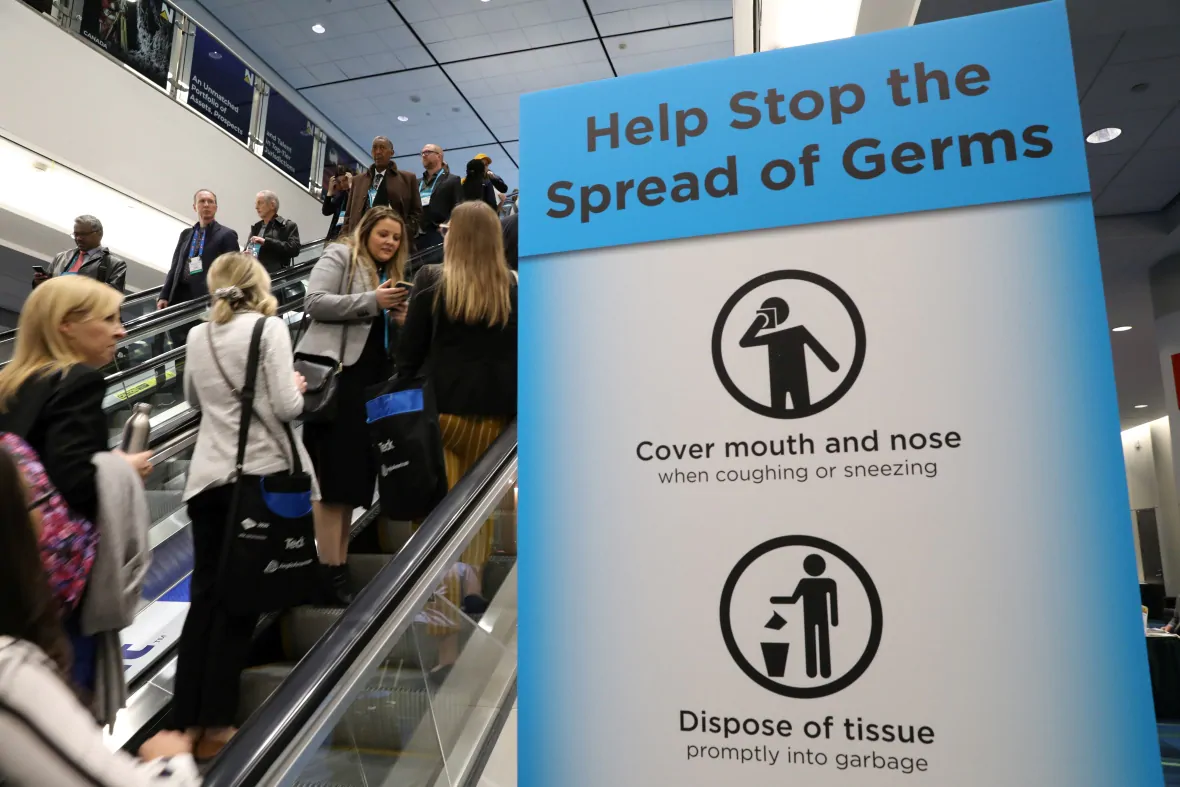
March 10: Kandola asks those with symptoms to self-isolate if returning from travel, and advises against all cruise ship travel. A case of COVID-19 is confirmed at the Prospectors and Developers Association of Canada (PDAC) conference, where many northern officials were in attendance.
March 11: The WHO declares a global pandemic in the middle of a press conference with Kandola. She tells the media the territory has been planning for pandemic “for weeks,” and confirms 34 people have been tested. Communities like Fort Resolution start making their COVID-19 response plans.
March 12: The territorial government and YK1, its largest school board, limit work-related travel.
March 13: The N.W.T. Legislature suspends the rest of its spring session due to COVID-19. Premier Caroline Cochrane enters isolation after being exposed to the disease at the PDAC conference.
March 14: The territory makes public its pandemic plan, which calls for government workers to be activated as front-line staff in the event the health-care system is overwhelmed.
March 15: Kandola reissues her recommendation for travellers to self-isolate.
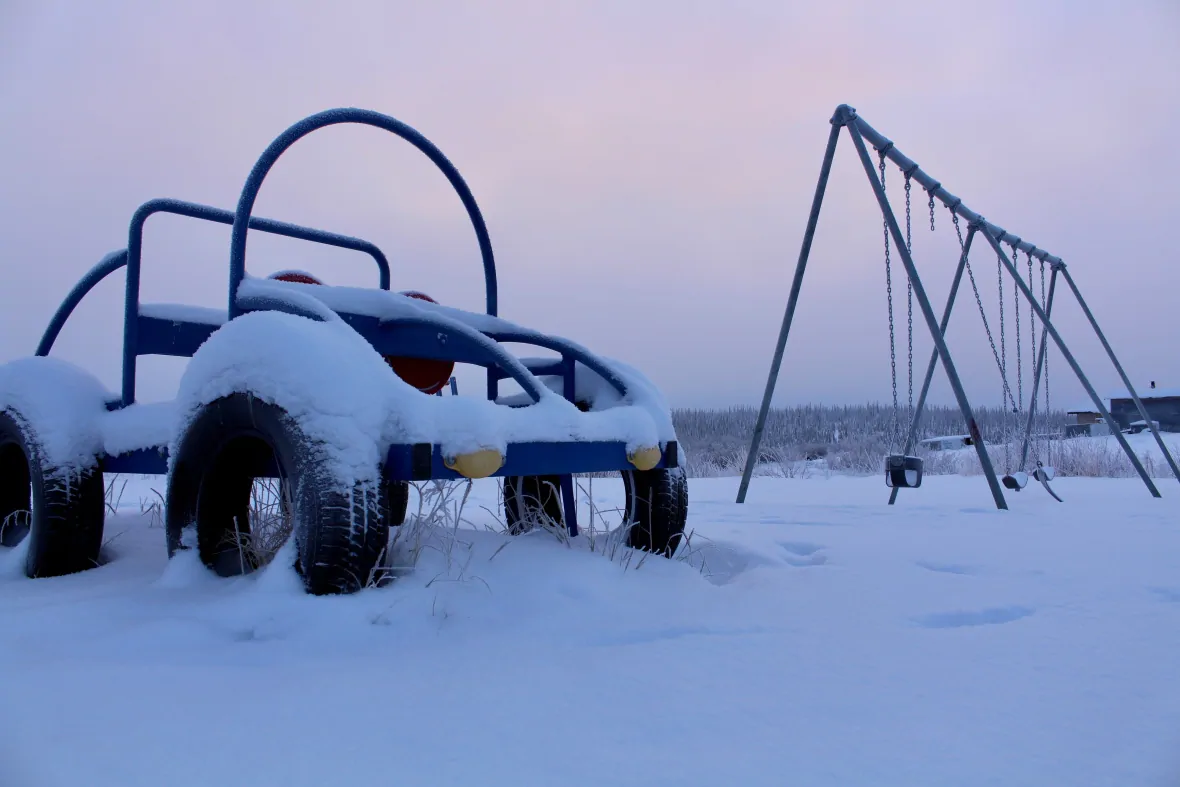
March 16: The territorial government recommends schools close until after Easter. The federal government announces $600K for N.W.T. COVID-19 preparedness, which Premier Caroline Cochrane promptly says is not enough. Northwestel applies to the CRTC for internet overage caps to be lifted to accommodate working from home.
March 17: Kandola advises cancelling all gatherings over 50 people, prompting many event cancellations. The Northwest Territories Power Corp. stops applying limiters to people who have not paid their bills during the outbreak. The department of Health and Social Services says it is beginning to move most appointments to over-the-phone.
March 18: The N.W.T. declares a public health emergency, expiring April 1, which allows Kandola to issue legally binding orders for the first time. Dene National Chief Norman Yakeleya strongly encourages people to go out on the land during COVID-19.
March 19: Most employees of the territorial government begin working from home. Dominion Diamond Mines suspends operations at its Ekati mine.
March 20: Kandola announces the territory’s borders will close to non-essential traffic in 24 hours. Returning residents are required to self-isolate in Hay River, Inuvik, Fort Smith, or Yellowknife.
The same day, the territorial government announces a $13.2 million relief package for small businesses and defers student loan payments. K’atl’odeeche First Nation declares state of emergency, and sets up a blockade on the reserve.
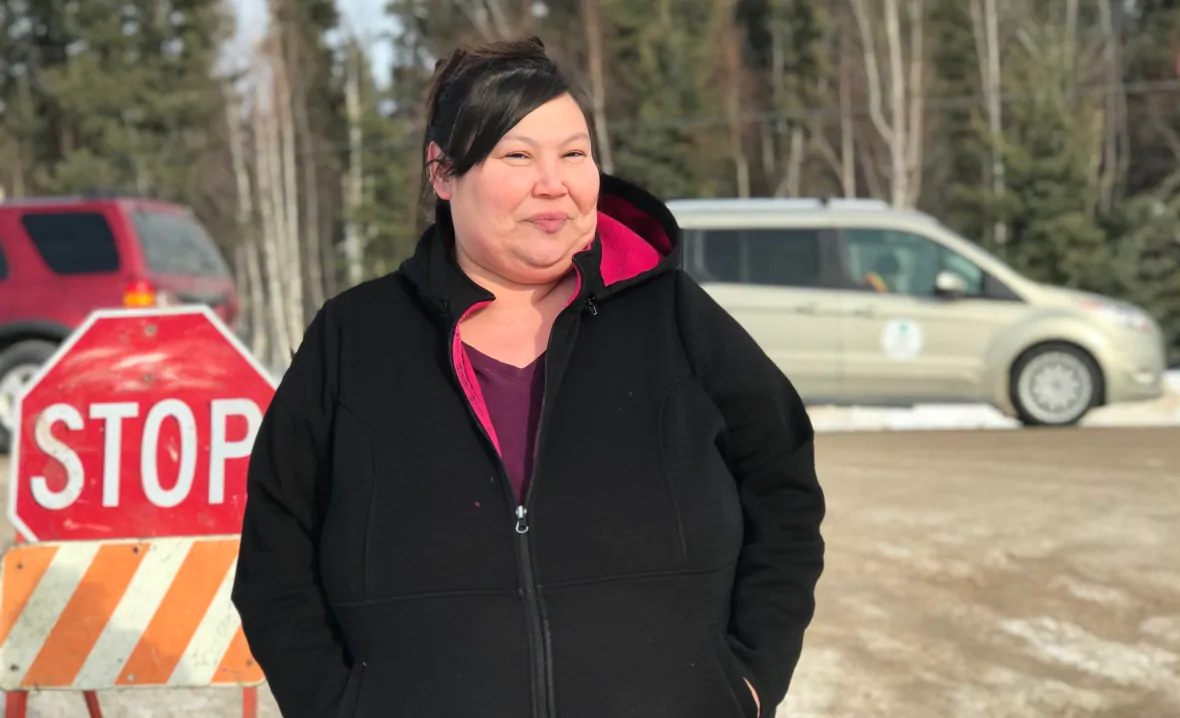
March 21: The N.W.T. confirms its first case of COVID-19, a person who travelled from British Columbia to Alberta, before returning home to Yellowknife. Kandola raises the risk level to high and makes self-isolation plans for all travellers mandatory, while reiterating a government policy to not identify small communities with COVID-19 cases.
A new tip line begins collecting complaints about people disregarding health orders. Officers begin stopping traffic at the N.W.T. border with Alberta on Highway 1.
March 22: In a press conference, Kandola advises cancelling all events and gatherings, and recommends a number of businesses close, from barber shops to fitness centres.
March 23: The N.W.T. Housing Corporation offers extra time to pay rent, while WestJet reduces its number of flights to Yellowknife. N.W.T. liquor stores reduce their hours amid calls from Indigenous leadership to restrict the sale of liquor and cannabis outright. Air Canada suspends some flights to Yellowknife.
March 24: Local leaders call for Kandola to identify small communities with COVID-19 cases. Minister of Municipal and Community Affairs Paulie Chinna declares a state of emergency, which will not be made public for three more days.
YK1, the territory’s largest school board, closes schools to students for the rest of the school year.
Prosecutors investigate the release of some prisoners from jail due to risks posed by COVID-19. Drive-thru testing for COVID-19 begins in Yellowknife.
Three days after the border is officially closed, the territory erects a barrier on the Liard Highway. Complaints about a lack of supervision at the border follow.
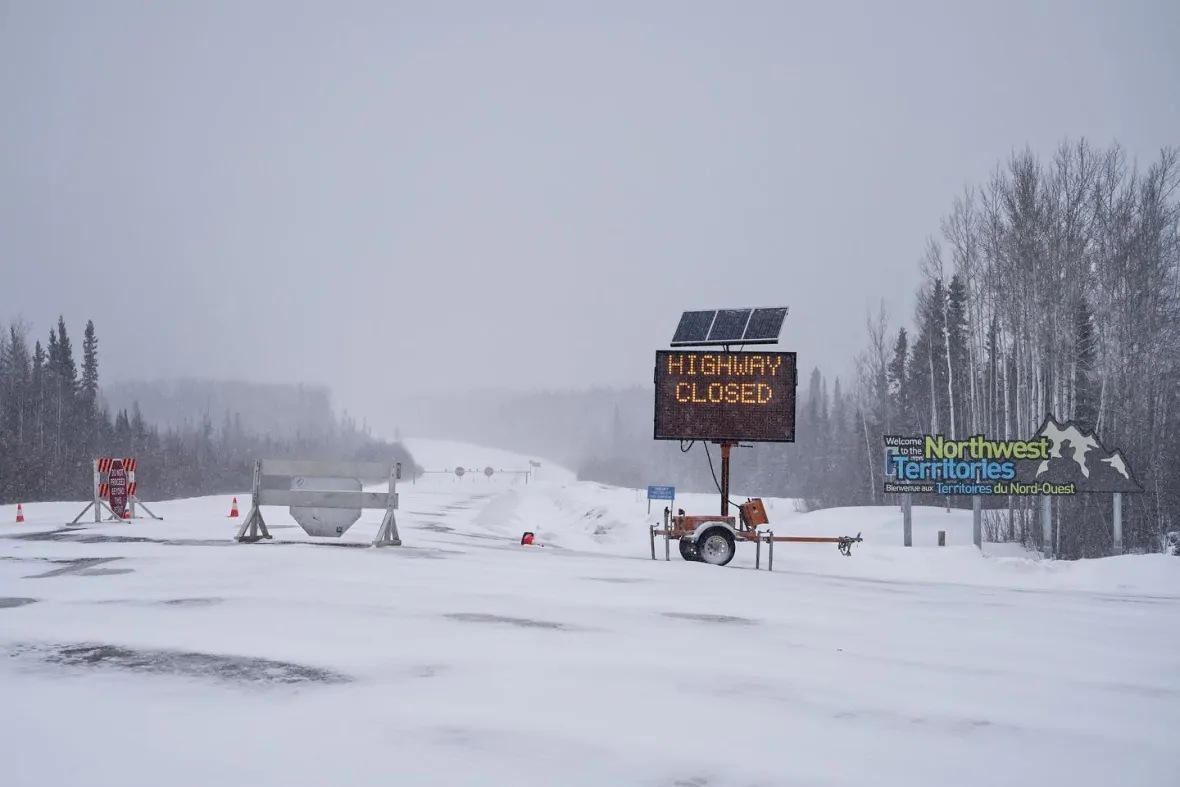
March 25: Health authorities confirm they are investigating seven tourists from Hong Kong who travelled to Yellowknife and later developed symptoms of COVID-19. They are later found to have posed no risk.
Northern News Services Ltd. suspends print publications of its community newspapers. North-Wright suspends its flights in the Sahtu.
The Justice Department releases its plan for jails, which calls for prisoners to be kept one per cell and suggests the release of some non-violent offenders.
March 26: Dene National Chief Norman Yakeleya says 20 per cent of Dene Nation members are at risk of complications from COVID-19. Yellowknife closes all playgrounds.
March 27: The government makes public the state of emergency declared three days earlier, valid through April 7. Premier Caroline Cochrane completes 14 days in isolation and advises residents not to panic. Yellowknife’s food bank and food rescue announce they’re ceasing operations during the pandemic.
Watch: Cochrane and chief public health officer Kandola give a press conference after the territory makes public a state of emergency declared March 24.
March 28: Kandola publicly shames reality TV star “Pike” Mike Harrison for breaching the travel ban and travelling on to a remote homestead. The same day, mental health workers voice concern about the impacts of extended isolation on vulnerable populations.
March 30: Education Minister R.J. Simpson releases the government’s plan for schools, calling for “flexible” online education. The federal government announces $2.6 million in special funding for on-the-land activities due to COVID-19.
March 31: The territorial government announces a further $8.2 million in business support. The N.W.T. Housing Corporation also announces $5 million for temporary housing.
April 1: Health officials confirm the second case of COVID-19 in the territory, again involving travel to British Columbia. Kandola extends the public health emergency to April 15.
April 2: Health officials confirm two more cases of COVID-19, including the first in a small community. Kandola does not identify which community is affected, but does specify that the individual travelled there in violation of public health orders requiring them to self-isolate in Hay River.
In Fort Liard, local leaders complain of a lack of enforcement of the travel ban on the territory’s border with B.C. The RCMP advises the public of an increased risk of child exploitation and domestic abuse due to extended isolation.
The territorial government allocates a “one-time” bonus payment of $500 ($1,000 for couples) to people on social assistance.
Watch: Kandola, Cochrane and Health Minister Diane Thom respond to questions about the two cases of COVID-19 confirmed April 2.
April 3: Kandola says the territory is expanding its public health officer authorization, so more officers can enforce her orders.
Deninu K’ue First Nation Chief Louis Balsillie posts online that a case of COVID-19 has been identified in the community and sets up a checkstop for vehicles entering the community.
Later, MLA for Tu Nedhe-Wiilideh Steve Norn confirms the case identified in a small community April 2 is in Fort Resolution.
April 4: In a press conference, Kandola and Premier Caroline Cochrane defend their policy of not informing local leadership of new cases of COVID-19. In response, MLAs call for tougher restrictions and better enforcement.
April 5: Health officials confirm the territory’s fifth case of COVID-19, related to international travel to Latin America.
April 6: The territorial government extends the state of emergency to April 20. Leaders in Fort Resolution voice anger with health officials’ lack of communication with local leadership. In a press conference, Cochrane says local checkstops won’t help the situation.
Yellowknife-based 62 Degrees North begins distributing locally-made hand sanitizer to stores in Inuvik, Yellowknife, Hay River, Fort Smith and Rankin Inlet.
April 7: Cochrane takes over Municipal and Community Affairs portfolio from Chinna. Chinna is not quoted in the press release or present at a press conference later in the day, which Cochrane calls an “oversight.” With the change, the premier becomes responsible for extending the state of emergency and overseeing communities’ response.
Hay River hires a bylaw officer to enforce self-isolation plans after frustration with lack of enforcement by territorial officials. The N.W.T. releases 7 inmates from its jails.
April 8: In a press conference, Kandola announces the appointment of a deputy chief public health officer, Conrad Baetz, and the creation of an “enforcement taskforce” that will investigate complaints of rule-breakers. Government spokespeople confirm 190 complaints have been made to date, 155 have been investigated, and zero fines have been levied.
Kandola says an order banning all “large gatherings” is coming soon. Fort Resolution leadership voices concern again at the territory’s policy.
Watch: Kandola speaks to media about “enhanced enforcement” during pandemic.
April 9: Finance Minister Caroline Wawzonek says the territory won’t close liquor stores, despite calls from Indigenous leaders to do so.
The territory introduces new protections for tenants unable to pay rent.
April 10: Kandola bans all indoor gatherings and gatherings outside of more than 10 people, her most restrictive order to date. The order also forces the closure of several business types and requires mine workers to self-isolate for 14 days upon entering the territory.
The same day, the Yellowknife Chamber of Commerce asks for rent relief for businesses. Parks postpone opening dates indefinitely due to the outbreak.
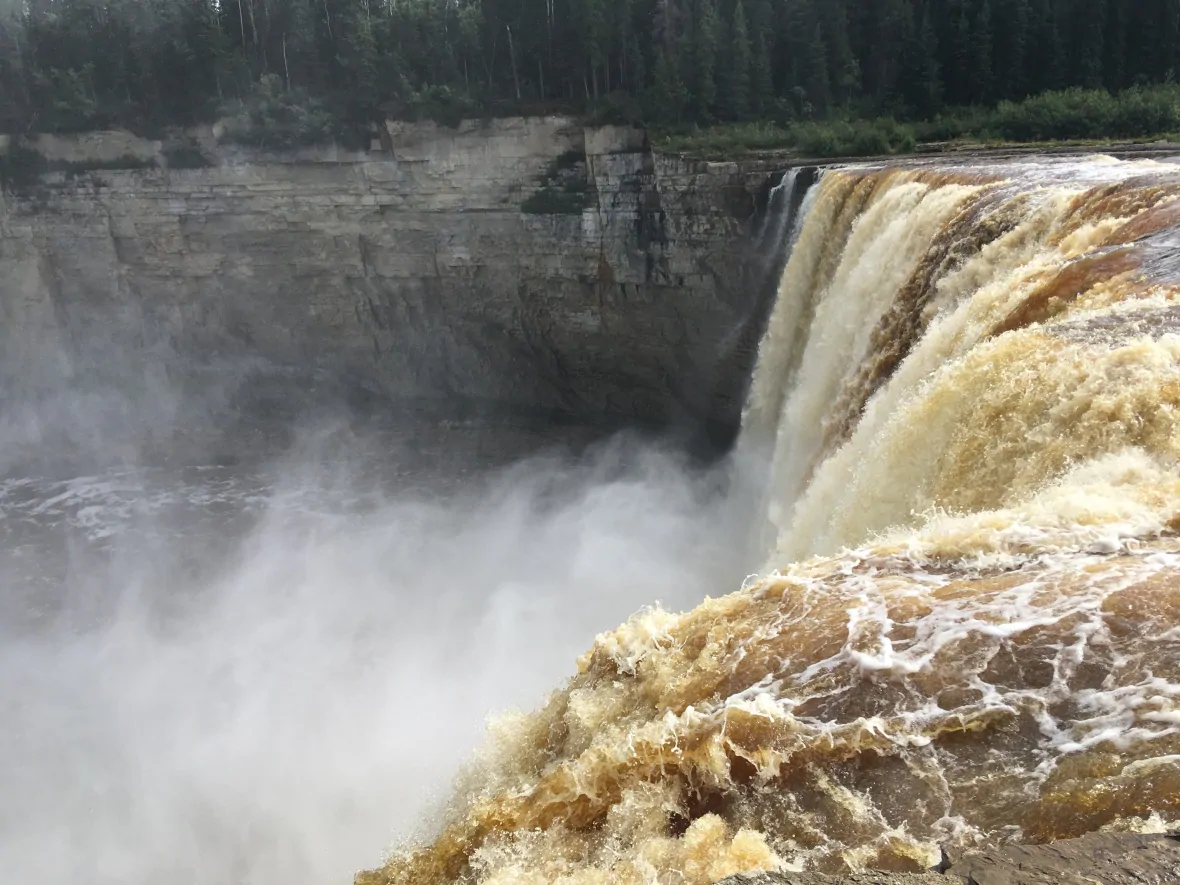
April 12: Christians across the North celebrate Easter in isolation. The Catholic diocese livestreams its daily masses, while some clergy take to the radio to sermonize.
April 13: Rumours circulate of territory’s first fine for breaching a public health order. They’re later proven to be false.
April 14: In an interview with CBC, Kandola suggests she will only relax restrictions on gatherings when the rest of the country hits a peak in cases. The federal government announces a further $130 million for territories’ COVID-19 response.
April 15: Premier Cochrane extends state of emergency and public health emergency again, this time to April 28. In an interview with CBC, the territorial medical director, Dr. Sarah Cook, suggests asymptomatic carriers could be spreading COVID-19 in the N.W.T.
RCMP investigate a vehicle which rammed the border gate at Fort Liard. Hay River sounds the alarm about a possible spring flood, which could displace as many as 200 people.
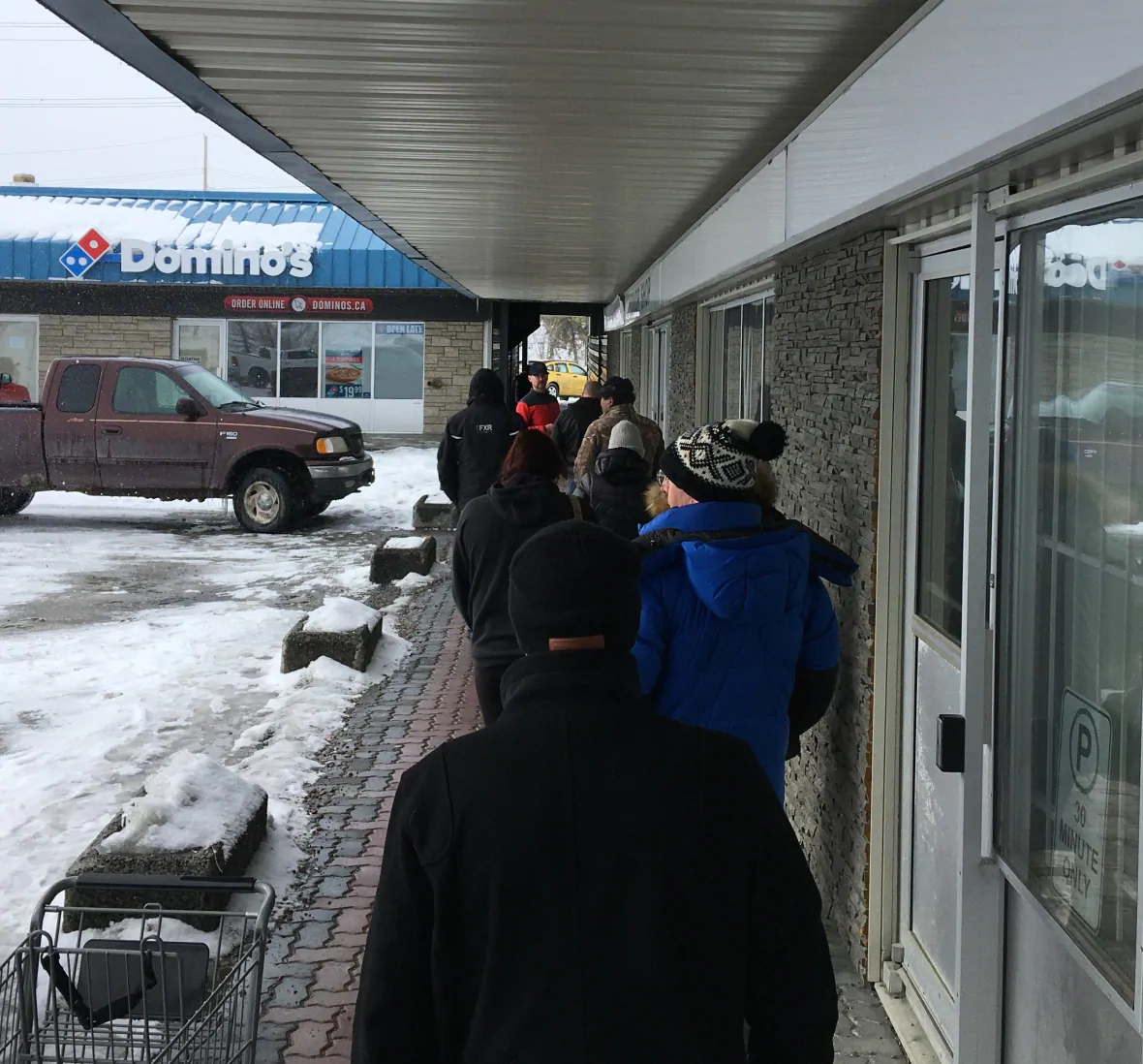
April 16: The N.W.T. implements restrictions on bulk purchases of alcohol, reversing its stance from one week earlier. Health officials say they’re considering recycling medical masks.
Northern senators complain about eligibility rules for wage subsidies, which keep mining companies out. Airlines say they’re also getting too little money.
In Inuvik, “fruit man” Bill Rutherford, whose truck bearing fresh fruit in springtime is a cherished local institution, says he was shut down by the territorial government just a day after receiving the OK to operate.
Spokespeople for the territorial government say they can’t say for sure who is serving on their enforcement task force. Local leaders and MLAs ask for clarity about how enforcement will work.
Yellowknife’s Folk on the Rocks music festival, which was set to celebrate its 40th year, announces it will cancel due to the COVID-19 pandemic.
April 17: The territory launches a new 811 hotline for information on COVID-19. N.W.T.-based Taiga Environmental Laboratory begins producing hand sanitizer for government workers. The federal government makes non-medical masks mandatory for air passengers, beginning April 20.
April 18: The territory’s new enforcement task force holds an “outreach event,” stopping cars in Yellowknife to educate drivers on restrictions imposed in previous weeks.
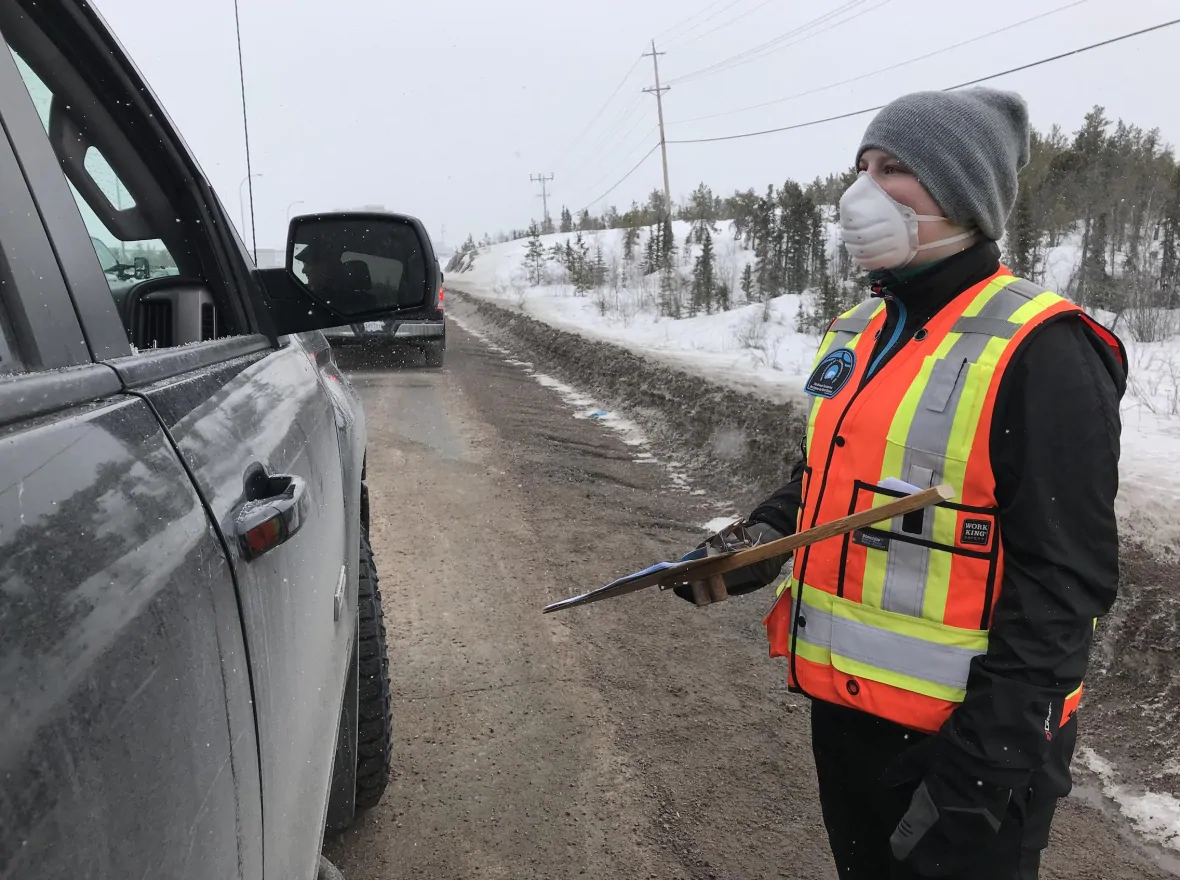
April 20: The territorial government announces that all five confirmed cases of COVID-19 have recovered, and no active cases remaining in the N.W.T. The RCMP warns residents of a rise in COVID-19 related scams.
April 21: Data from the territorial government reveals that nearly a third of applicants to its emergency fund for businesses had been rejected. A civil liberties group says the territory’s April 10 order banning gatherings may be unconstitutional.
A petition calling for affordable internet during the pandemic passes 2,500 signatures. The NWT Disabilities Council says its managed alcohol program for homeless people in quarantine at the former Yellowknife sobering centre has helped curb drug and alcohol use.
April 22: Dominion Diamond, the partial owner of two N.W.T. diamond mines, enters creditor protection, citing the pandemic as a cause. Data from the territorial government shows public health officers have issued 74 warnings for violating public health orders, and received nearly 400 complaints.
Kandola says residents should expect restrictions to continue for “weeks or months,” until a vaccine is developed or travellers from the rest of Canada no longer post a risk of carrying COVID-19. Fort Liard First Nation postpones its election for chief and council by several months, drawing outcry from some community members.
April 23: The territory revamps its aid program for renters and extends the subsidy through to the end of August. Data shows slowing rates of testing for COVID-19 across the North. Premier Caroline Cochrane says an “all-encompassing” economic recovery plan is in the works.
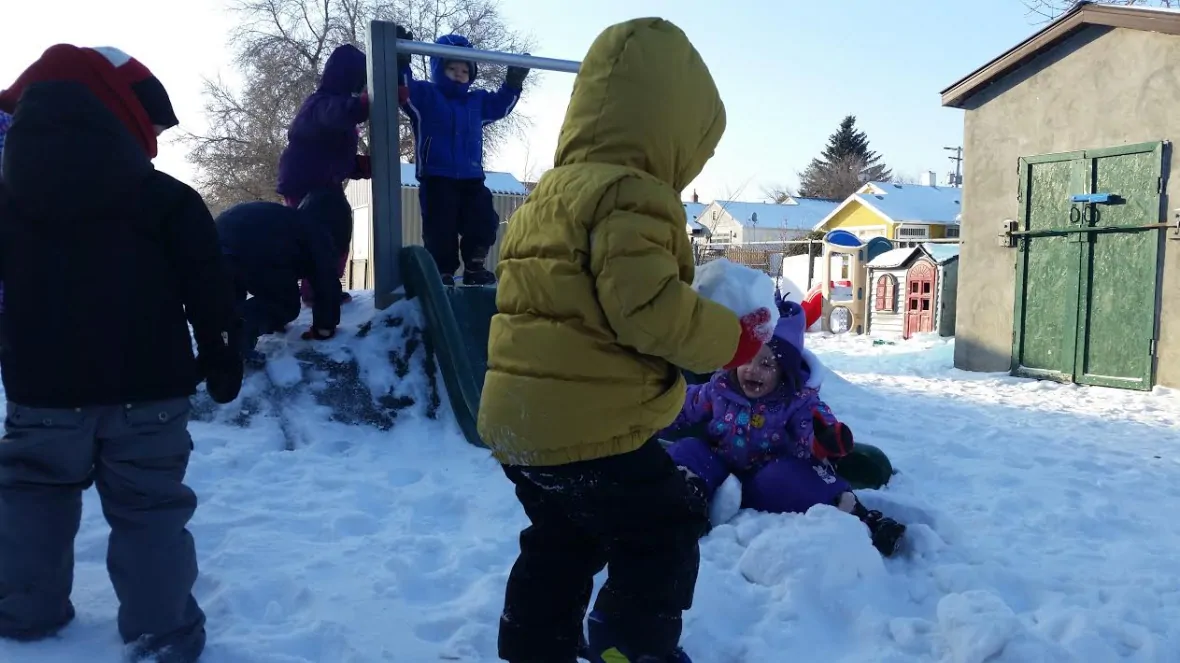
April 24: The territory commits $5 million in new funding for child care for essential workers, creating four new temporary programs. Health authorities expand the criteria for receiving a COVID-19 test to include “a general sense of unease.”
Finance Minister Caroline Wawzonek testifies to a federal finance committee, saying the COVID-19 pandemic is worsening many existing problems in the territory. Industry Minister Katrina Nokleby says, in light of Dominion Diamond’s troubles, she’s pressuring the federal government for more investment in the mineral sector.
April 27: The territory introduces new restrictions on essential workers entering the territory, clarifying restrictions put in place earlier. The government also announces new money for firms that want to produce masks and medical equipment.
Deline’s local government restricts travel in and out of the community to essential workers only. N.W.T. businesses begin applying to a $73 billion support fund established by the federal government.
April 28: Kandola tells media that the latest restrictions will be the last, and the focus will now shift to reopening the territory. Officials extend both the state of emergency and public health emergency, saying they will continue until the situation in the rest of Canada “changes considerably.”
Related stories from around the North:
Arctic: Roundup of COVID-19 responses around the Arctic, Eye on the Arctic
Canada: COVID-19 testing rates are falling across the Canadian North — here’s why, CBC News
Finland: First Covid-19 death reported in southwestern Finnish Lapland, Yle News
Greenland: COVID-19: Arctic science expedition postpones flight campaign after trainee tests positive for virus, Eye on the Arctic
Norway: Norwegian Arctic wilderness tourism hit particularly hard by coronavirus, The Independent Barents Observer
Russia: Risking death for Arctic gas? Northern Russia construction site becomes COVID-19 hotbed, The Independent Barents Observer
Sweden: Nordic COVID-19 lockdowns will have same end results as Sweden, says former state epidemiologist, Radio Sweden
United States: COVID-19 pandemic raises hard questions about health disparities, says Int’l Inuit org, Eye on the Arctic

